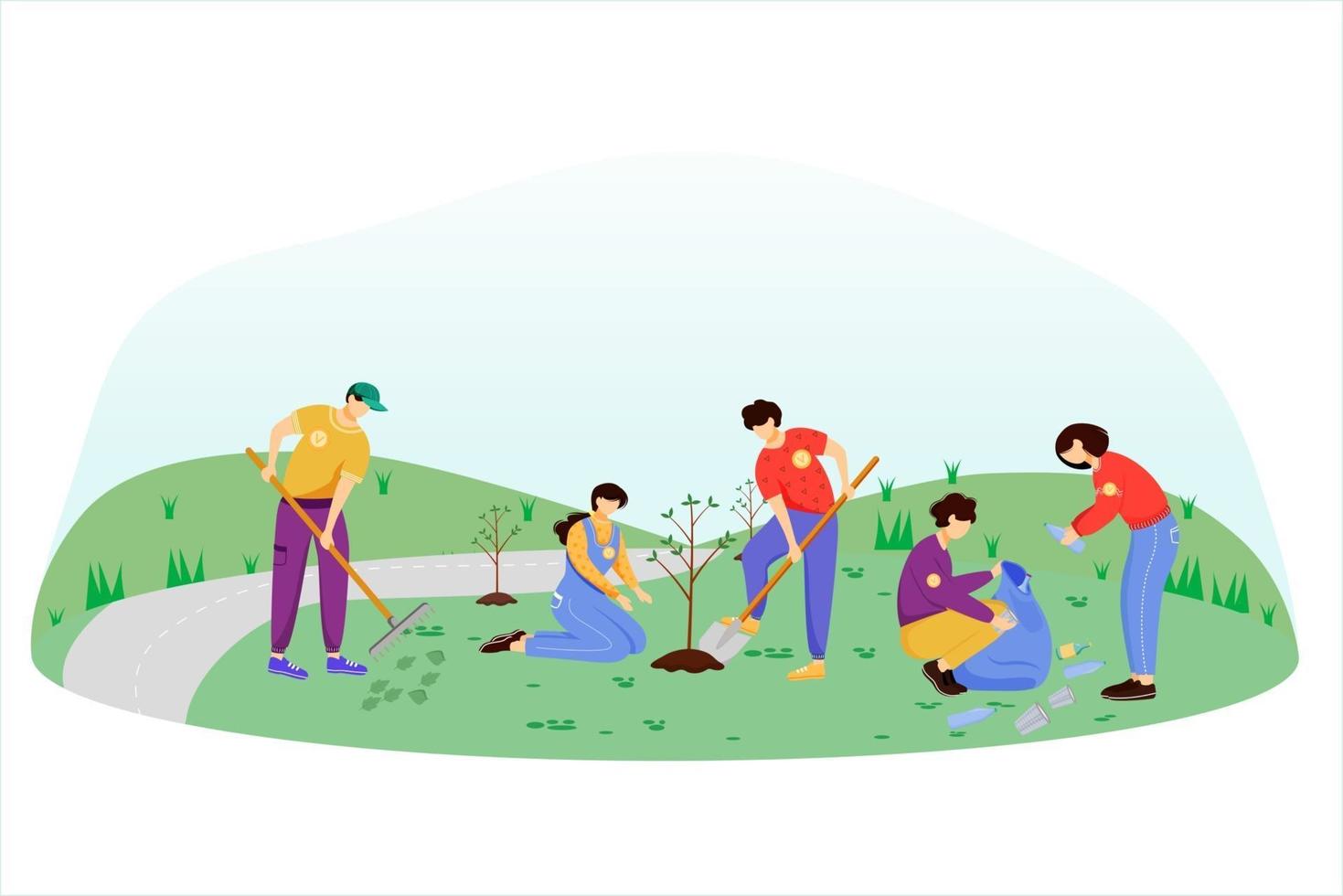What are regulations on rural sanitation in 2030, vision to 2045 in Vietnam?
What are regulations on rural sanitation in 2030, vision to 2045 in Vietnam? What are regulations on science and technology in clean water supply and rural sanitation until 2030, with a vision to 2045 in Vietnam? Please advise. Thankyou.
What are regulations on rural sanitation in 2030, vision to 2045 in Vietnam?
According to Subsection 4, Section III, Article 1 of Decision 1978/QD-TTg of 2021 regulates rural sanitation as follows:
a) Cleaning households and public areas
- Deploy and replicate the community movement not to defecate in the open, aim to change people's awareness and hygiene behavior, increase the rate of households building and using hygienic latrines, contributing to achieve the goal of "A Vietnam without open defecation" by 2025.
- Regulations on "the proportion of rural households, schools, and health stations with hygienic latrines that are built and managed to ensure standards and regulations" in socio-economic development indicators associations at the provincial, district and commune levels.
- Apply and disseminate technological solutions to build simple hygienic latrines, suitable to local customs and people's ability to pay; Technical support for construction, management and use of household and public sanitation facilities to ensure standards and regulations; synchronized access to safe sanitation services associated with behavior change communication and market development.
b) Collection and treatment of domestic wastewater
- Develop a roadmap for collecting and treating domestic wastewater in concentrated residential areas to ensure compliance with planning and synchronization with rural infrastructure; regulate the rate of collection and treatment of concentrated rural domestic wastewater in socio-economic development targets at the provincial, district and commune levels.
- Pilot the application of low-cost wastewater collection and treatment technology models, limit chemicals, using renewable energy, and generate little secondary waste in accordance with the characteristics and scale of residential areas.
- Mobilize resources to invest in construction, management and operation of wastewater collection and treatment systems, especially off-budget resources through the application of appropriate investment incentive policies in land use, taxes, fees, charges, administrative procedures, investment and post-investment costs.
c) Treatment of livestock waste
- Provide guidance, technical support and encourage the application of environmentally friendly livestock waste treatment solutions, consistent with the development trend of circular agriculture.
- Manage livestock waste to ensure compliance with regulations and technical standards, ensure that odors, emissions, wastewater, and solid waste generated from livestock facilities do not affect public health, do not pollute the environment. Livestock households and livestock farm owners are responsible for treating livestock waste to ensure compliance with regulations.
- Implement credit policies to support people in building hygienic barns and treating livestock waste.

What are regulations on rural sanitation in 2030, vision to 2045 in Vietnam? (Image from the Internet)
What are regulations on science and technology in clean water supply and rural sanitation until 2030, with a vision to 2045 in Vietnam?
Pursuant to Subsection 3, Section III, Article 1 of Decision 1978/QD-TTg of 2021 regulates Science and technology are as follows:
- Research and apply technology and solutions for water supply and sanitation that are environmentally friendly, do not affect people's health, prioritize simple technology, and have prices suitable for people's ability to pay.
- Research and apply new materials, utilize local materials in construction, ensure quality, technique, aesthetics and landscape of the project.
- Apply information technology in monitoring water sources and water quality, digitize and automate project management, operation and protection.
- Research and apply technology to treat salt water and brackish water into fresh water; Collect, treat and store rainwater to ensure quality; Household water treatment technology ensures simple and effective operation; exploit and use renewable energy such as solar energy, waves, wind... in clean water production and treatment of domestic wastewater and livestock waste.
Best regards!










